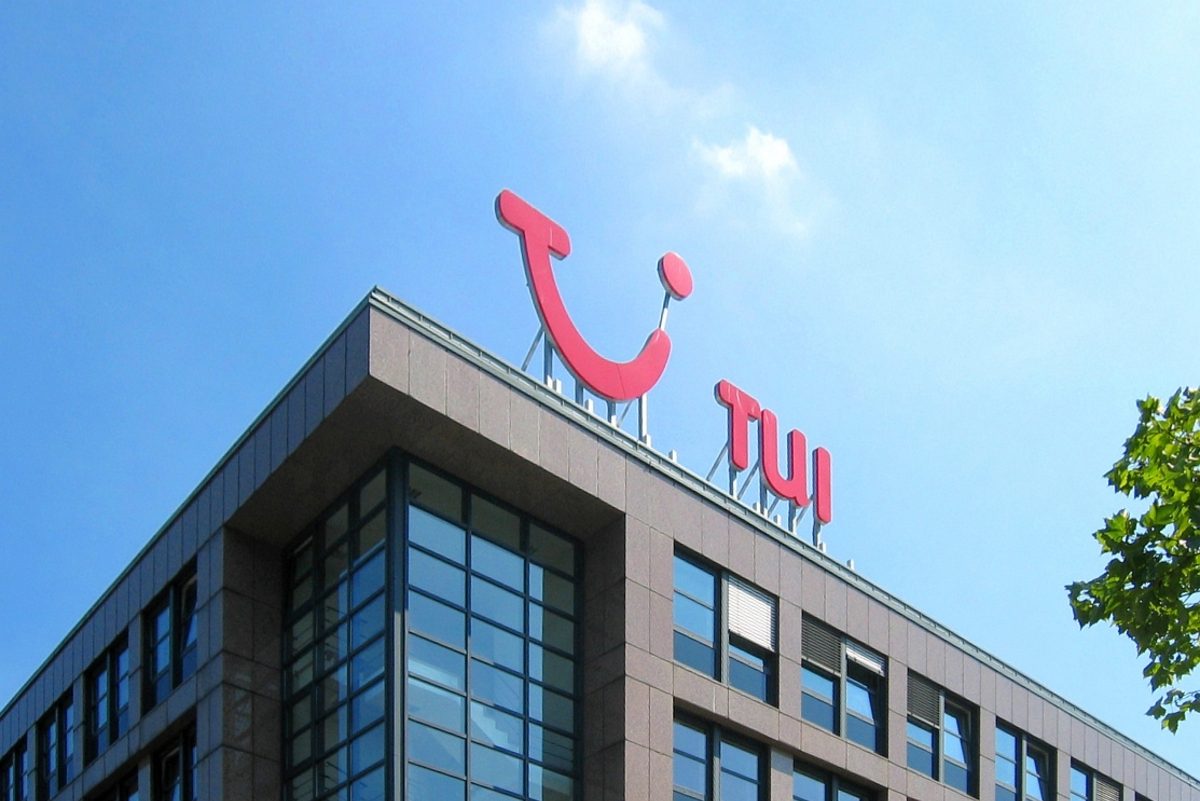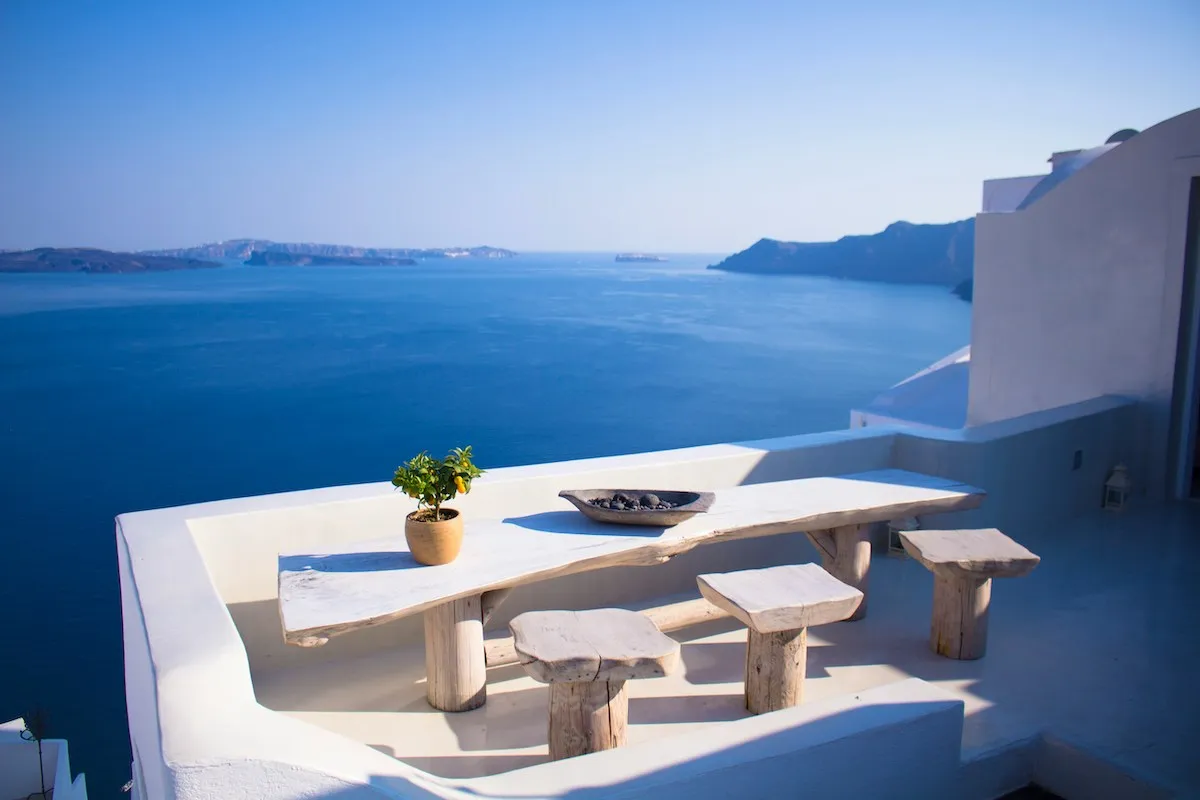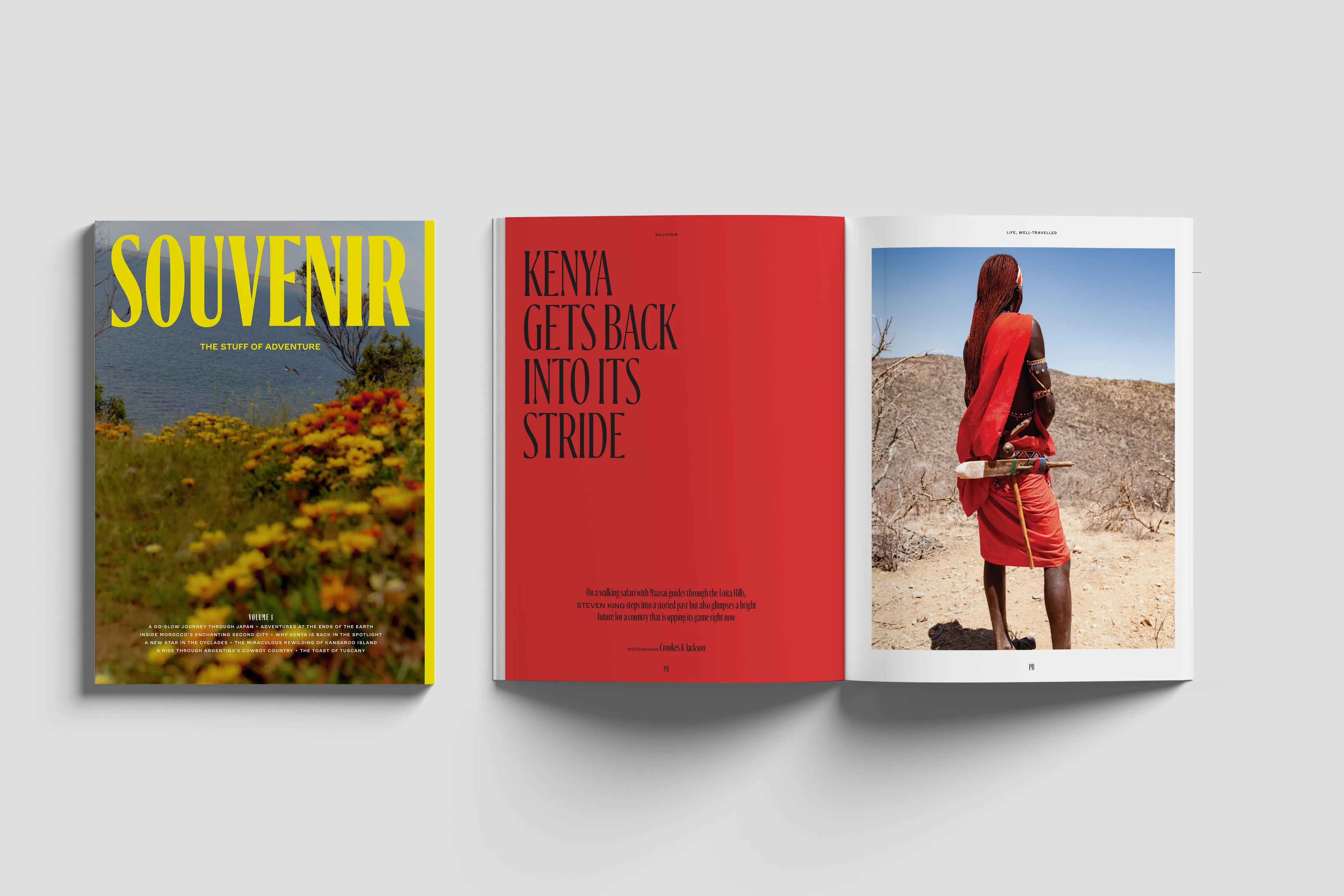TUI Gains from Experience Sales and FTI Collapse

Skift Take
When Sebastian Ebel became CEO of TUI Group in late 2022, the company needed a nearly $5 billion loan to survive the pandemic. But for two years straight, TUI has reported steadily increasing profits.
Ebel said TUI Group is focusing on selling products where there is a “very good margin,” such as TUI-produced experiences products.
TUI-owned experiences sales rose 14%. For example, TUI runs guided tours of Tulum, a historical site in Mexico, and lagoon boat trips in Sian Ka'an, a natural park. These are created by TUI, where local guides are trained to TUI's standards and TUI controls the sale, and fall under one the TUI Collection Experiences.
Musement, TUI's experiences arm, collects, curates, and resells tours, activities, and attractions like museums for resale. Its sales rose 2% to 2.8 million sold.
Ebel highlighted Musement's recent partnership between TUI and Lastminute.com as a driver of future growth. He said it illustrated the company’s focus on developing strong partnerships.
In the latest quarter, TUI gained market share by adding customers after the third-largest tour operator in Europe, FTI, went into insolvency in June. More than 260,000 vacation packages were canceled, DPA reported.
Ebel said FTI was focused on the lower end of the market and that TUI was able to pick up business there, especially in Germany. He also said TUI could see further gains once FTI customers are fully refunded for canceled trips.
Hotel Rate Hikes
TUI benefited from a 7% increase in hotel daily rates and an expansion of its hotel offerings globally.
Ebel said that TUI is making an effort to increase its hotel business outside of Europe, specifically in the Caribbean, West Africa, East Africa, the Middle East, and the Far East.
“All of this leads to benefiting from strong demand and price patterns in the markets,” he said.
The company has focused on enhancing its dynamic packaging capabilities, which allows for more flexible and tailored travel offerings.
Executives cited a partnership earlier this year with Ryanair in Germany, which they said would enable TUI to offer more customized travel packages. The deal lets TUI customers book Ryanair flights, seats, and bags as part of their holiday package involving a stay at a TUI hotel (rather than being confined to TUI's own airline options) with a comparable experience to booking with Ryanair directly.
“We’ll bring more and more into this system,” Ebel said about the Ryanair partnership, referring to customers.
TUI's Results
- TUI generated €5.8 billion ($6.3 billion) in revenue, marking a 9% increase year-over-year.
- Hotel sales were strong with average daily rates up 7%; the company’s investment in dynamic packaging is paying off; and the company's sustainability initiatives haven't driven up costs.
- 5.8 million guests traveled on vacation with TUI in the quarter, up 4% year-over-year.
- No weakness seen in advance bookings for winter.
Geopolitical Obstacles
TUI anticipates further growth despite the war in the Middle East and between Russia and Ukraine.
Although the cost of flying around Russia has increased, Ebel said that over the past two years, the cost has somewhat stabilized. Business in Israel, Lebanon, and Jordan “has never been big,” he said — only a few thousand customers — so the war has not been highly relevant to TUI’s earnings.
He said there was a short period when TUI saw a drop in customers for resorts in Egypt, but that demand has since picked up. “If something happens, it’s very short term,” he said. “And the effect is that there is a small shift from A to B, but nothing more.”
The company had to make a significant shift in its Suez cruises, rerouting them around the southern part of Africa. This, combined with canceled voyages, was a big cost to the company, but this quarter they have found that the strong profit from hotels has helped to offset the cost.
Cruise Growth and Sustainability
The company launched a new cruise ship, Mein Schiff 7, on June 12 this year. The ship is a joint venture with Royal Caribbean Group, showing another example of Ebel's use of partnerships.
The Mein Schiff 7 draws electricity from shore power while docked at ports. That technology lets it use grid electricity rather than relying entirely on onboard engines. The ship still uses its own gas and methanol engines while at sea, but the shore power is meant to reduce the total amount of emissions.
TUI Group also launched three of six planned solar projects at hotels in Turkey. The company has not disclosed the capacity of energy output of these projects. The next three will be launched in the coming weeks, Ebel said on Wednesday.
Ebel also said that 25% of TUI’s hotels have solar products, but he didn't specify how much energy each hotel gets from renewables.
“This is not a contradiction to profitability,” Ebel said. “It supports profitability in the medium term. It’s getting more important to the customers. And I think these are good examples of our sustainability agenda.”
Cruise and Tours Sector Stock Index Performance Year-to-Date
What am I looking at? The performance of cruise and tours sector stocks within the ST200. The index includes companies publicly traded across global markets including both cruise lines and tour operators.
The Skift Travel 200 (ST200) combines the financial performance of nearly 200 travel companies worth more than a trillion dollars into a single number. See more cruise and tours sector financial performance.
Skift’s in-depth reporting on climate issues is made possible through the financial support of Intrepid Travel. This backing allows Skift to bring you high-quality journalism on one of the most important topics facing our planet today. Intrepid is not involved in any decisions made by Skift’s editorial team.





